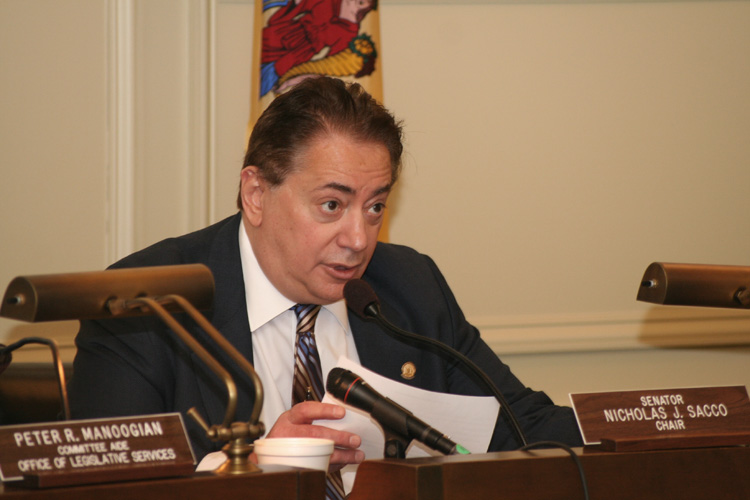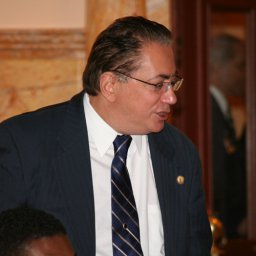
TRENTON – A bill sponsored by Senators Nicholas Sacco and Brian Stack that would allow judges to revoke mandatory driver’s license suspensions in minor drug offenses cases was approved by the Senate Law & Public Safety and Veterans’ Affairs Committee today.
“When it comes to drug offenses, New Jersey looks to provide treatment rather than incarceration whenever possible,” said Senator Sacco, D-Hudson and Bergen. “But in order for treatment to work, individuals must be given access to the resources they need to get that treatment and be productive citizens. We’re giving judges the flexibility to restore driver’s licenses when there are compelling circumstances.”
Senator Sacco noted that under the existing law courts are required to revoke the driving privileges of any person placed under supervisory treatment if that person has been found or pleaded guilty to the offense. The Senators’ bill, S-1302, would make the revocation discretionary if the court finds compelling circumstances warrant an exception.
New Jersey’s conditional discharge statute permits a court to dismiss proceedings against certain first-time drug offenders who successfully meet the terms and conditions of a program of supervisory treatment imposed by the court. The procedure is available to a defendant who has no previous drug convictions, and is before the court for a disorderly persons offense related to drugs or drug paraphernalia.
“These people are trying their hardest to get treatment for their substance abuse problems and get their lives back on track,” add Senator Stack, D-Hudson and Vice Chair of the Committee. “But if they can’t get to their treatment programs or to work every day, then we are setting them up to fail. Judges should have the discretion to restore driving privileges so that treatment can be effective.”
Senator Stack said that current law also requires that individuals convicted of a drug or drug paraphernalia offense have their driver’s license revoked for a period of six months to two years beginning at the time of sentencing. That law allows the court to make an exception for compelling circumstances at sentencing, but is unclear as to the court’s authority to reinstate driving privileges after that time. The Senators’ bill would address this ambiguity by adding express language authorizing a court to reinstate driving privileges after sentencing if merited by compelling circumstances.
The bill passed the Committee by a vote of 5-0 and now goes to the full Senate for consideration.


